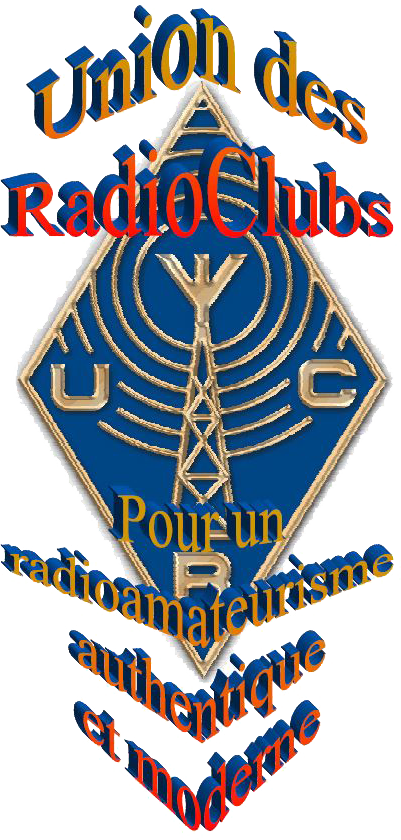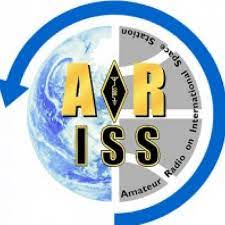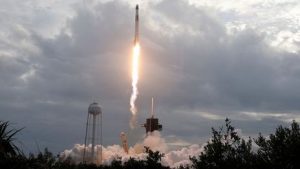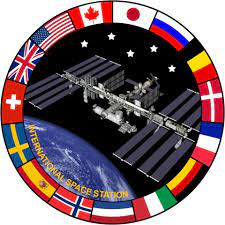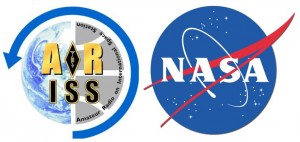
La station ISS a rendez vous avec « The Explorers Club, New York City » le samedi 25 octobre 2014 à 16h36 UTC (18h36 locales) La liaison se fera en télébridge et sera opéré par IK1SLD, le signal descendant sera donc audible depuis l’Europe sur 145.800 MHz en FM bande étroite.
Le contact sera retransmis sur le node Echolink AMSAT (node 101 377) et JK1ZRW (node 277 208) ainsi que sur IRLP Discovery Reflector 9010.
Liste des questions :
1. Jim Clash, ticket holder Virgin Galactic SpaceShipTwo: Einstein says time slows down as you speed up. Does this apply to ISS astronauts flying 17,500 mph? If so, how much less do you age versus people on Earth?
2. Charles Duke, Apollo 16 moonwalker: What is the most interesting science experiment you are working on?
3. Jim Enterline, K2XP Explorers Club radio station manager: Has ham radio been one of your hobbies before or since your NASA training?
4. Annaliese Ruth Simons, 5th Grade, Frost Elementary School, East Brunswick NJ: What do you do for fun in space?
5. Hugh Yamamura, 7-year-old student, Tokyo, Japan: From space, can you see meteors as they enter Earth’s atmosphere?
6. Walt Cunningham, Apollo 7 LM pilot: Has the elimination of military pilot experience had a positive or negative impact on crew operations?
7. Brian Binnie, SpaceShipOne pilot: Space debris in general, but also specifically it seems that someone might deliberately launch and blow up something on ISS’s inclination with the intent of making your lives miserable. How good is the « early warning alert » for you to maneuver out of harm’s way?
8. Tom Barry, Manager, Community Engagement & STEM Initiatives, Intrepid Sea, Air & Space Museum: Did you have expectations about what being an astronaut is like – and how does the reality of your job compare?
9. Ashok van de Meer, age 8, Red Hook, NJ: Can astronauts see polar ice caps shrinking from year to year or any other visible effects of global warming from space?
10. Charles Van, Norfolk, VA: Are any artificial gravity experiments being conducted on ISS, such as using rotating segments to simulate a gravity environment?
11. Mark Holden, President – Boothe Memorial Astronomical Society, Stratford, CT: ISS has been our best opportunity to gather information about long-term missions. Other than funding, what are the most important problems to overcome for a manned mission to Mars?
12. Mark O’Gara, Amateur Astronomers Association of NY: On the night side of Earth when you look out to stars, what are the limits of your ability to see? Can you see galaxies like M81/M82 with the naked eye, or is it the same stuff we see, but clearer?
13. Steven Zaretsky, Harrison, NY: Are any of you religious, and if so, how do you feel about practicing faith in space?
14. Alex Attanasio, New York, NY: How much Delta-V do you actually get from thrusters on the station alone? How much can they affect your orbit and orientation or can that only be done with a push from a Soyuz or other docked vessel?
15. Joan Vandenberg: What do you miss most about not being on Earth?
16. Tucker Hewes, New York, NY: Does the moon look bigger from space?
